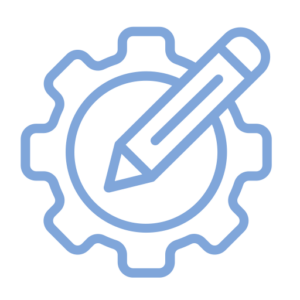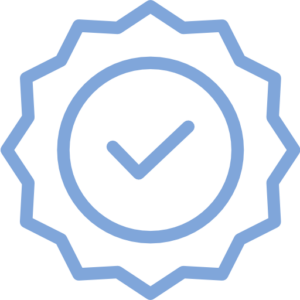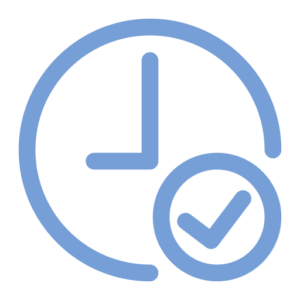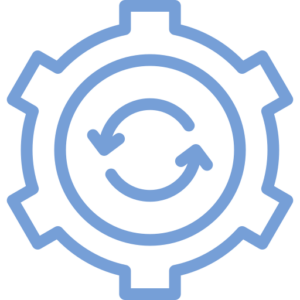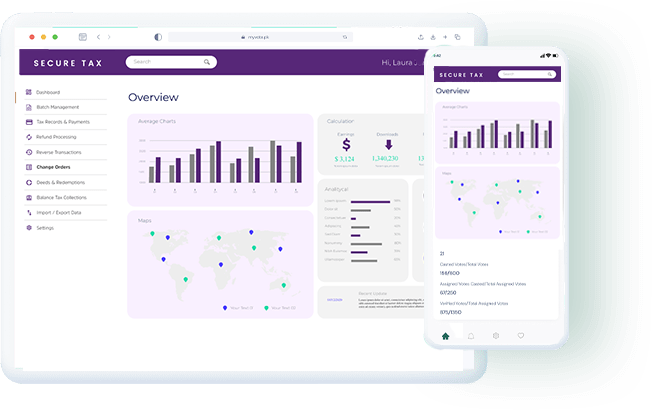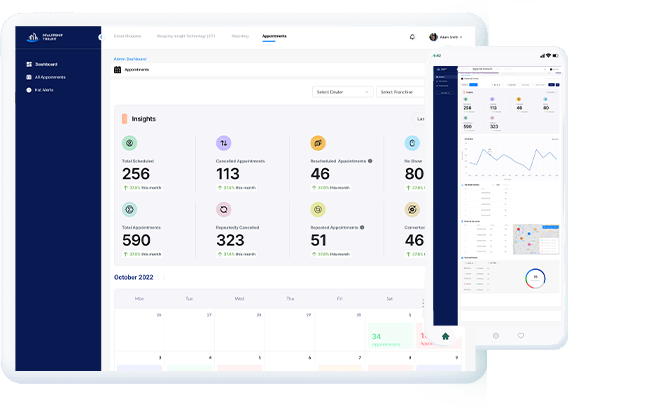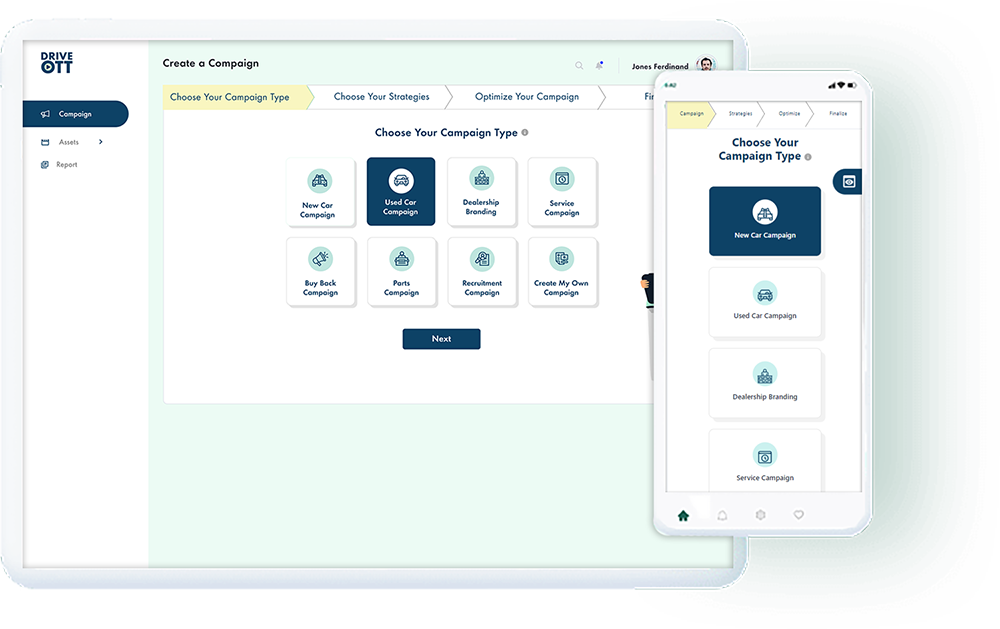Our team of business analyst help you turn your concept into a product by assessing business requirements, analyze product features, functional & non-functional requirements etc. During the scoping session, our team performs in-depth analysis of product requirements to identify scope, establish acceptance criteria, determine advanced architecture, and create the project and test plans. This may include:
- Need Assessment
- List of Functionalities
- High-level Business Requirements
- Integration Scope
- Roadmap, Timeline, and Estimation
- MVP Scope
Based on gathered requirements, our UI and UX design team build user-centric and pixel-perfect design for the product. A high-end product is built with intuitive and responsive design that befits the end-users. The product UI and UX are designed while keeping in view the specific needs of your target audience and as per the best user experience practices to address your niche. UI and UX design process may include:
- Design Consultation
- Wireframes
- Mockups
- Prototyping
- UI and UX Assessment
- Validation & Delivery UX
- Audit
The product vision is brought to life during the development phase. Our experienced developers are hands on in building scalable, reliable, and secure products that cater to your business’ needs. We deliver custom web solutions to build profitable digital products engineered to accelerate innovation and boost your growth. Our software engineers are skilled in both front-end and back-end development. Some of the technology stacks we work on are as follows:
- React JS
- Node JS
- Python
- Django
- Angular
- MERN / MEAN
- JavaScript
- Laravel (PHP)
- LAMP
- Custom (as per your business goals)
Quality is our priority. We ensure your product’s success and validate its performance with our rigorous quality assurance testing including performance, functional and automation tests to deliver a smooth bug-free product. We use an end-to-end testing approach that helps ensure your product meets the defined requirements and quality standards. Some commonly performed quality assurance tests include:
- Automation Testing
- Performance Testing
- Functional Testing
- Software Testing
- Security Testing
- Compatibility Testing
Once the product passes quality assurance phase, it is then ready to launch. We deploy your software product to the target environment, whether it’s a production environment, a cloud-based platform, or any other relevant environment. Our team sets up the infrastructure, configures the software, and ensures a seamless deployment. This can include:
- CI/CD Pipelines
- Environment Setup
- Configuration Management
- Code Deployment
- Database Setup
- Backup and Disaster
- Recovery
- Monitoring and Performance Optimization
We closely monitor your software product for performance, security, and other aspects to ensure its smooth operation. Our team provides ongoing maintenance and support, addressing any issues, bug fixes, updates, and improvements that arise after deployment. This phase includes:
- Dedicated Client Support
- Root Cause Analysis
- Escalation as Per Issue Priority
- Fixation and Response time as Per SLA
- MVP Scope
- Bug or Issue Tracking & Ticket Management








